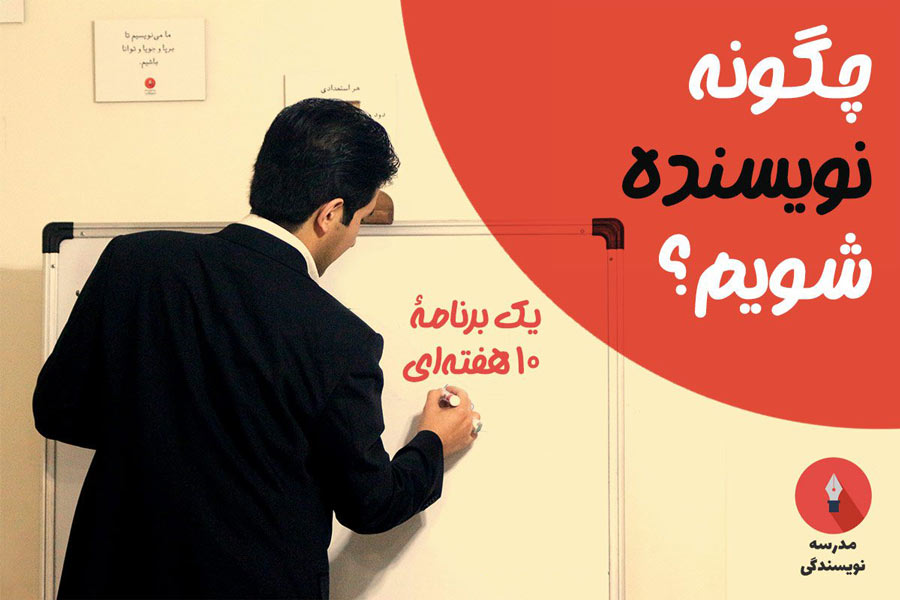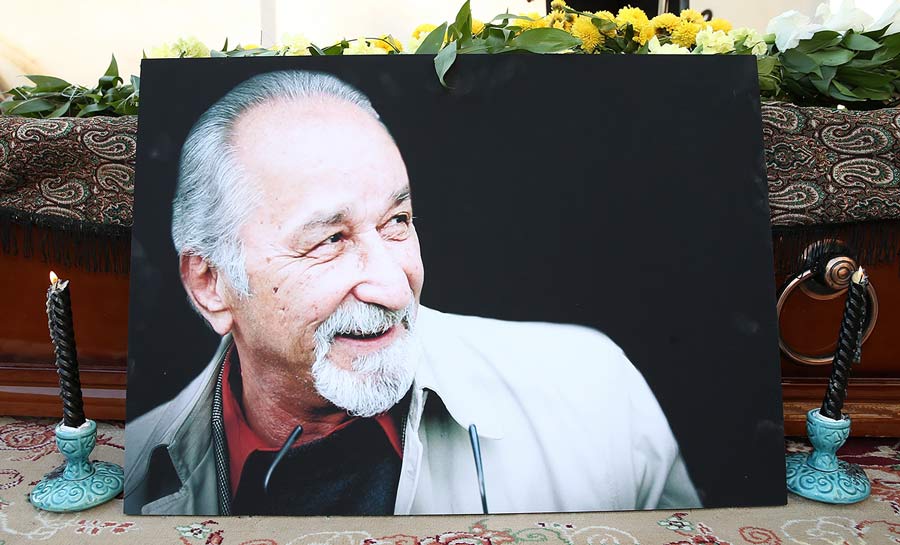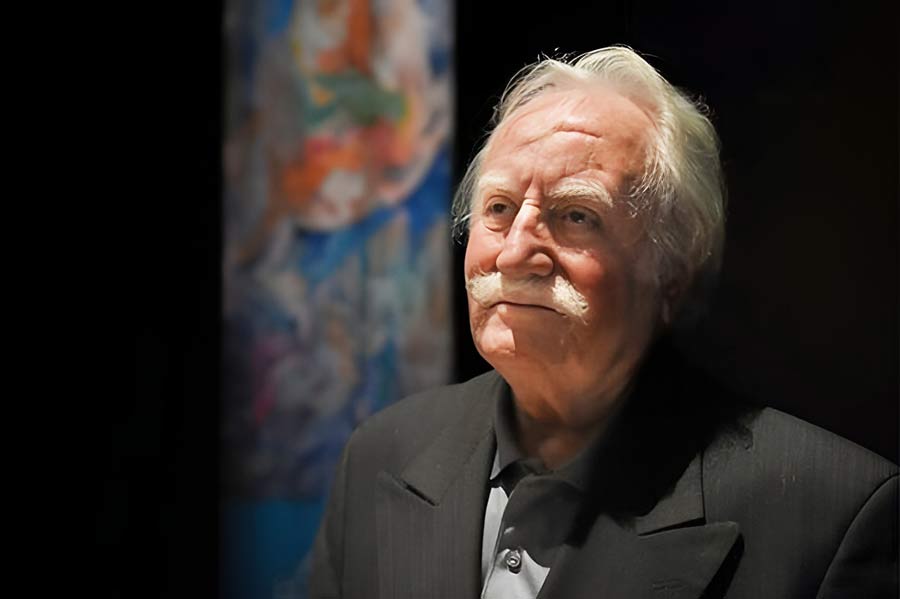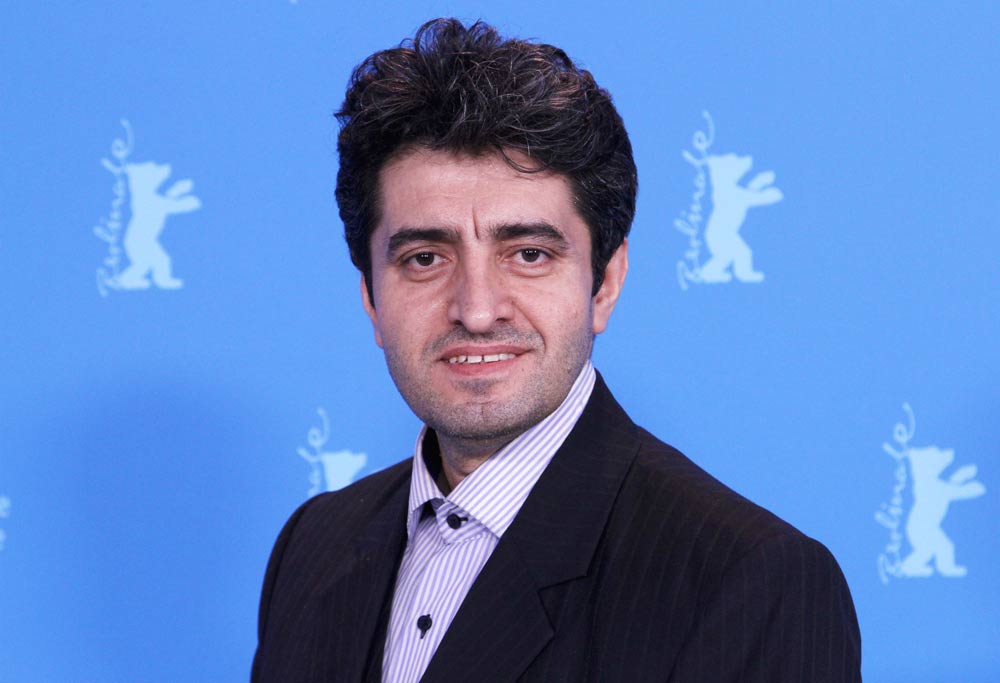
Some writers believe: Fiction writing classes only discover real writers, but Ahmad Pouri believes that education does not make writers.
According to Artmag.ir, citing ILNA, some writers believe that fiction writing classes only discover real writers. But more importantly, if students’ writing is dependent on the class, they will never become serious writers. On the other hand, creative writing classes may eliminate the writer’s personal style and cultivate writers who are similar to each other.
Ahmad Pouri, a writer and translator, says: Education does not make writers. This is a sentence that I say from the first minute of the class. I say that if someone thinks that they will become a writer with this class, they are wrong. But I also have good news that many are writers and do not know it. The class can discover and cultivate talents.
But many fiction teachers believe that fiction writing and writing are not only teachable but necessary for all people. The best lawyer has the right narrative, the best storyteller has personal branding, the world’s most reputable brands tell compelling stories. In any job or profession, whoever tells the best narrative wins the game. On the other hand, if you learn to write stories, anyone interested can become a writer.
Storytelling is teachable
Kaveh Fouladinasab, a writer and storytellers instructor, says about the role of education and storytellers’ workshops: Contrary to what some say, classes only discover talent and do not develop writers, I believe that storytellers can be taught. Just as an architecture or dental student learns science and technology, a writer can also learn the principles and techniques of writing.
In his opinion, of course, education alone is not enough. Talent, perseverance, and lived experience make sense together. But the idea that writing is innate and innate is wrong.
In our workshops, we have seen students who initially had a simple and crude pen, but with persistence, practice, and receiving detailed feedback, they became respectable writers.
The literary community needs writers of substance
Fouladinasab emphasizes: Not everyone is going to be a Marquez or a Joyce. The literary community, like any professional community, needs writers of substance; those who can produce standard, readable works, write good average novels, or produce serious work in the fields of children’s literature, documentary, and screenwriting. Rigorous training can cultivate such writers.
Training, he says, does three basic things: first, it imparts knowledge and structure. Many people who come to class are unfamiliar with concepts like “point of view,” “plot,” “climax,” or “internal conflict.” Learning these elements helps them write consciously and purposefully, rather than instinctively.
The second benefit of workshops, he says, is to create continuity in writing. Many interested people have ideas in their heads for years but don’t write. Being in a regular group keeps them in a cycle of writing and rewriting. They write, read, critique, and rewrite something every week. This process transforms writing from an emotional and occasional activity into an ongoing and professional one.
Fouladinasab believes that the third function of education is to create a space and a network of communication. Writing is an individual work, but growth is not possible in a vacuum. In the workshop, students get to know other writers, critics, and publishers. Many collaborations, translations, and the publication of first books have been formed from this space.
He continues: “One of the problems with our education system is that it still considers writing a “secondary subject.” Writing skills are not taken seriously in schools and universities, while writing means systematic thinking. If writing skills are taught from childhood, there will be less need for expensive workshops in adulthood.”
He says: “In developed countries, writing workshops are part of the cultural system. In addition to learning technique, students study literary history, philosophy of art, and narrative theory. In Iran, we can also implement such a model to move writing out of a tasteful and experimental state.”
Fouladinasab explains his experience in holding workshops: “Over the years of teaching, I have had students who initially entered the class with hesitation and thought that the training would have no effect, but now they are writers whose works have been published or are writing novels. This shows that talent, if directed in the right direction, can bring results.
He emphasizes: Education not only gives the writer a mental order, but also saves him from blind imitation.
When the student becomes familiar with narrative structures and story elements, he is no longer simply imitating his favorite author, but can find his own language and personal world.
Kaveh Fouladinasab says: “At the same time, one must be careful that the workshop does not turn into “formulaization.” Education should not limit creativity, but should guide it. The goal of teaching technique is not to have everyone write in the same way, but to allow everyone to discover their own personal form.”
He believes; I always tell my students that writing is like learning music. At first you have to know the notes and theory, but once you learn them, you have to be able to improvise. It’s the same in fiction; technique should serve the imagination, not the other way around.
According to him, the most important achievement of fiction writing workshops is the development of a critical perspective. A student who learns to read and analyze other people’s texts can gradually rewrite his own writing with a more careful look.
He adds in the end: A writing workshop is not just a place to teach writing, it is a place to learn patience, precision, and dialogue. Writing is not possible without interaction and feedback. Every text needs another set of eyes to see it from the outside before it is published.
Storytelling training is still a necessity
Masoud Borbor, a writer and storytellers’ instructor, says about the place of storytellers’ classes and workshops: Training in this area is very useful for students, but if schools taught the basic principles of writing and the elements of storytellers, perhaps there would be no need for these classes. In that case, people would be familiar with the concepts of structure, point of view, and characterization from the very beginning, and the workshops would only have a supplementary role.
He adds: Now that there is no such training in schools, students do not even know what a plot twist is or what the main character’s relationship is to the narrator.
Knowing these things is essential for every writer. Many people think that if they know the principles of writing, they will have no problem writing a story, while some storytellers do not even know these basic principles. A writer must know the structure of a story, just as a musician must know the main lines, the meter, the notes, and the harmony before performing.
Borbor continues: In painting, too, one may want to create a non-classical work, but until one has learned composition, color, and perspective, one cannot consciously break the rules.
It is the same in fiction. We are faced with patterns that are neither taught in schools nor explained systematically and methodically in most existing books. Most sources are only theoretical and do not provide opportunities for practice and refinement.
He believes that this is where the importance of the story workshop lies. In the workshop, the student can read his works, hear criticism, and learn what character, point of view, conflict, and suspense are. The lack of such training previously caused Iranian story writing to fall into a kind of “de-storying” until the 1990s; a situation in which Iranian writers forgot the importance of the story. Part of the left also played a role in this, seeing the story as a mere tool for propaganda, not an independent art.
He adds: Workshops should, in principle, provide basic training, but the reality is that about seventy percent of them do not have such a function. Of course, this figure requires research, because many instructors do not have a precise understanding of story teaching. However, the role of the workshop is not only in education; the workshop is a place where the work is read, commented on, and the author finds his first audience. Without this space, the author may publish a work that does not have the necessary quality and receive harsh criticism.
Writers who started in the 2000s have better conditions
Masoud Borbor says: Writers who started their career in the early 1990s have better conditions due to their greater familiarity with the English language and access to global educational resources. During the Corona era, access to foreign online classes was also provided, which helped improve the level of education.
In my opinion, writers of the last decade have received more consistent education and give hope that in the next ten years we will see a new generation of capable storytellers and storytellers.
He adds: If we leave aside the developments related to artificial intelligence, the current trend is promising. In the coming years, we can expect to have writers who have something to say on a global level. One of the reasons why Iranian fiction is not seen in the world was this weakness in education and unfamiliarity with the basic principles. On the other hand, the lack of a copyright system has also been another serious obstacle.
According to him; many old writers, despite their fame, did not know the basic principles of fiction writing and faced a cold reaction when they encountered foreign publishers. Today, however, the situation is different and education is taken more seriously. Workshops that teach the basic principles scientifically and logically are still necessary.
Masoud Borbor says: Novice writers should avoid publishing their works early. Many of us made the mistake of publishing books before learning enough. If the writer shows his talent and ability in workshops, the way for his works to be seen is paved. Even strict publishers pay attention to works when they are sure that the author has learned the technical basics.
He adds: Today, publishing a work is not limited to printing a book. Cyberspace, publications, and literary festivals have provided new opportunities. If the story is criticized and seen in these spaces, the publisher will also come to it. During the story reading sessions, there were many times when reputable publishers contacted novice writers to publish their works. This experience shows that proper training and patience in the learning process can pave the way for a writer to success.
The best way is to read good stories
Ali Shooroughi, a story writing instructor, says: I personally believe that the best way to learn stories is to read good stories and know how to read stories and what things to pay attention to in stories.
He adds: If you first learn who the audience is for the story and what details to pay attention to in the story, your background is prepared for writing stories and if you intend to become a story writer, you will become a better story writer. Of course, I do not believe that everyone who writes stories is necessarily a good story writer.
Shooroughi emphasizes: Everyone has a talent for writing and everyone can write. A class can only cultivate story writers if it teaches students how to read stories and what stories to read. If someone intends to become a story writer simply by attending a class, they will never succeed.
He believes; If students are forced to write in class and their writing is subject to the compulsion of the class, they will never become serious and professional writers. They may write a few good stories, but becoming a writer is different. If someone does not have practice and is only dependent on the class, they will never become a storyteller in the professional sense.
Ali Shooroughi says about writing education in America: I read an interview with the American writer Doctoroff, who said that teaching creative writing is good, but the result may be students who all write alike and personal style disappears. The class may be a start, an incentive, and a motivation for some to discover their talent and give it direction.











